Table of Contents
Future Advisor
Future Advisor is a robot-based advisor which helps to make automated investments and effectively manages the existing investment accounts held by the clients at Fidelity or TD Ameritrade. The main features of the advisor include firstly being able to the automatic rebalancing the main account, figuring out and implementing tax minimization strategies while also monitoring the portfolio throughout the investment timeline.
The working model of the app is driven by index ETFs for portfolio allocations and prefers to accept clients which have their assets held at Fidelity and TD Ameritrade. However, the platform is also available to those clients which have accounts at other brokerages.
The initial amount required for the account is $ 5,000 and 0.5% will be charged as the management fee whereas the portfolio analysis is free. ETF expense ratios range from 0.14% to 0.18%. Other account fees include fees being charged if the customers are moving accounts from other brokers to Fidelity or TD Ameritrade which also includes transaction fees on initial rebalance.
As far as portfolio mix is considered it invests in ETFs from 14 asset classes. The account support includes individual and joint non-retirement accounts; Roth, traditional, rollover and SEP IRAs. Tax strategy is overall quite good as tax-loss harvesting on all taxable managed accounts as well as tax-efficient asset location amongst accounts. The automatic rebalancing feature is an add-on for the account and is not charged.
Other attractive features include the human advisor option which means that clients have access to advisors through email and phone. Moreover, there are more important tools such as robust retirement planning tools, plus free service that offers detailed investment recommendations on linked accounts. Customer support options are also available through email and phone.
Who should choose Future Advisor?
Future Advisor is best for those investors who have just entered the investment arena and are looking for viable options. The advance features offered by Future Advisor such as daily tax-loss harvesting to offset gains with losses in taxable accounts as well as a wide array of investment options which are not available on other portfolios including international bonds and small-cap stocks.
But the user-friendly element is missing from Future Advisor which can be a major turn-off point for consumers. The aspects which are not updated on the platform include the absence of educational resources, customer service being unreachable at times as well as having a high minimum balance requirement of $ 5,000.
Market competitiveness is also a big factor because customers choose other competitors. This is because in a customer-centric service customer service plays a very important role in defining the priority and likeness of the customers. If in case, the service turns out to be bad the customers immediately decide to switch since they consider it as time wastage.
How Future Advisor works
Just like most of the robo-based apps this one also starts with a brief questionnaire based on personal financial information, then it asks the user to choose a goal of retirement, a major purchase or general investing while also answering some questions about the time zone and risk tolerance. There are five arrays of risk tolerance levels available out of which the potential investor has to choose one ranging from conservative to aggressive.
There is another option also available for those who are unable to choose their risk appetite. In that case, they have to undertake a survey to determine the risk levels. From the chosen answers Future Advisors creates a tailored investment portfolio via exchange-traded funds (ETFs).
Future Advisor then provides the users with a detailed high-level breakdown as to how many funds the investor is dedicated to each asset class such as stocks and bonds. The robo-advisor invests in typical broad market U.S and international stock allocations along with asset classes which are less commonly available in robo-based advisors such as domestic small-cap stock funds, domestic value and growth funds with international small-cap stock value funds. The allocation is further subdivided into US fixed income and Treasury Inflation-Protected Securities (TIPS) as well as emerging market bonds.
Future Advisor Fees and Costs
The investment management fee is charged at a flat rate of 0.50% of assets. The minimum amount required to open up an account is $ 5,000 in their existing brokerage accounts.
The annual management fee is required to be paid either monthly or quarterly. There are additional fees as well which include account transfer fees while transferring accounts to Future Advisor. Some additional broker-related charges might also be levied. The expense ratios will also be charged by the funds which will be according to the investment allocation. This fee is automatically deducted from the returns of the funds.
Future Advisor is owned by parent company BlackRock, which also has iShares under its ownership. So Future Advisor also invests in its shares which are well-regarded along with being low-fee investments. But it also implies that part of the fee will also be going to BlackRock.
The investment model is driven by modern portfolio theory which in turn is based on diversification, risk minimization and tax awareness. But once the investment is made there is little room for customization. Investments are reviewed every day and decide whether the benefit of rebalancing will result in more taxes or any other costs being incurred. The platform is limited in offering other features such as cash management accounts or educational content.
Future Advisor Conclusion
Future Advisor is great in such a way that it helps to get automated management without opening new robo-advisor accounts without moving money or assets around that much. Moreover, it offers investment venues which are otherwise not available in other robo portfolios. These venues include real estate investment trusts and international small-cap stocks. Such options outperform different market situations than the standard broad market funds. With improvement in customer service, the platform can improve its overall rating and enhance its customer base. Moreover, the platform should also improve upon its investment education feature which can also prove to be detrimental to increasing its market share.
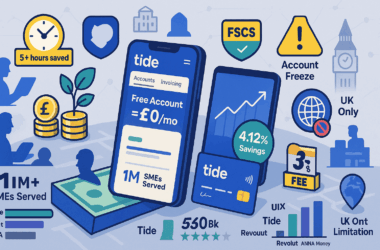
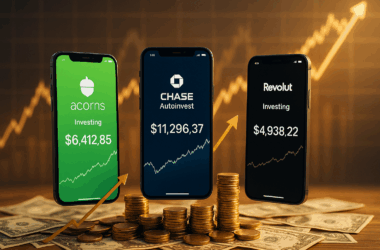

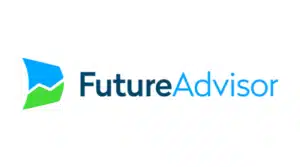


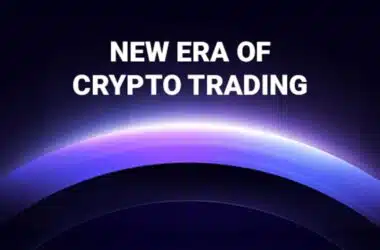
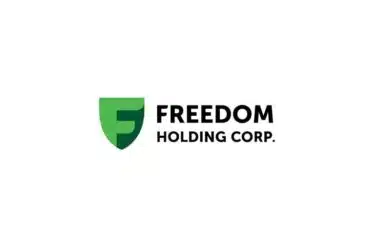



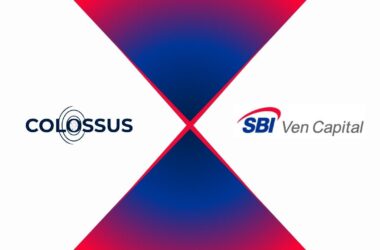


Recent Comments